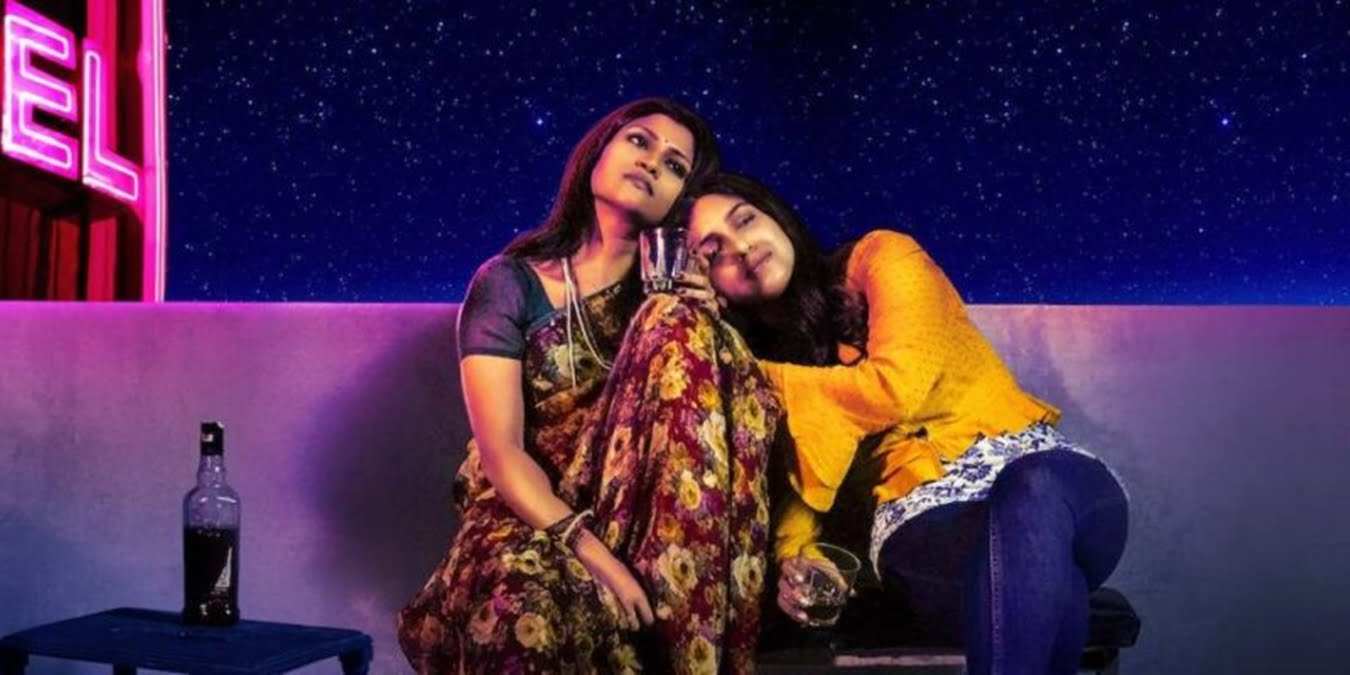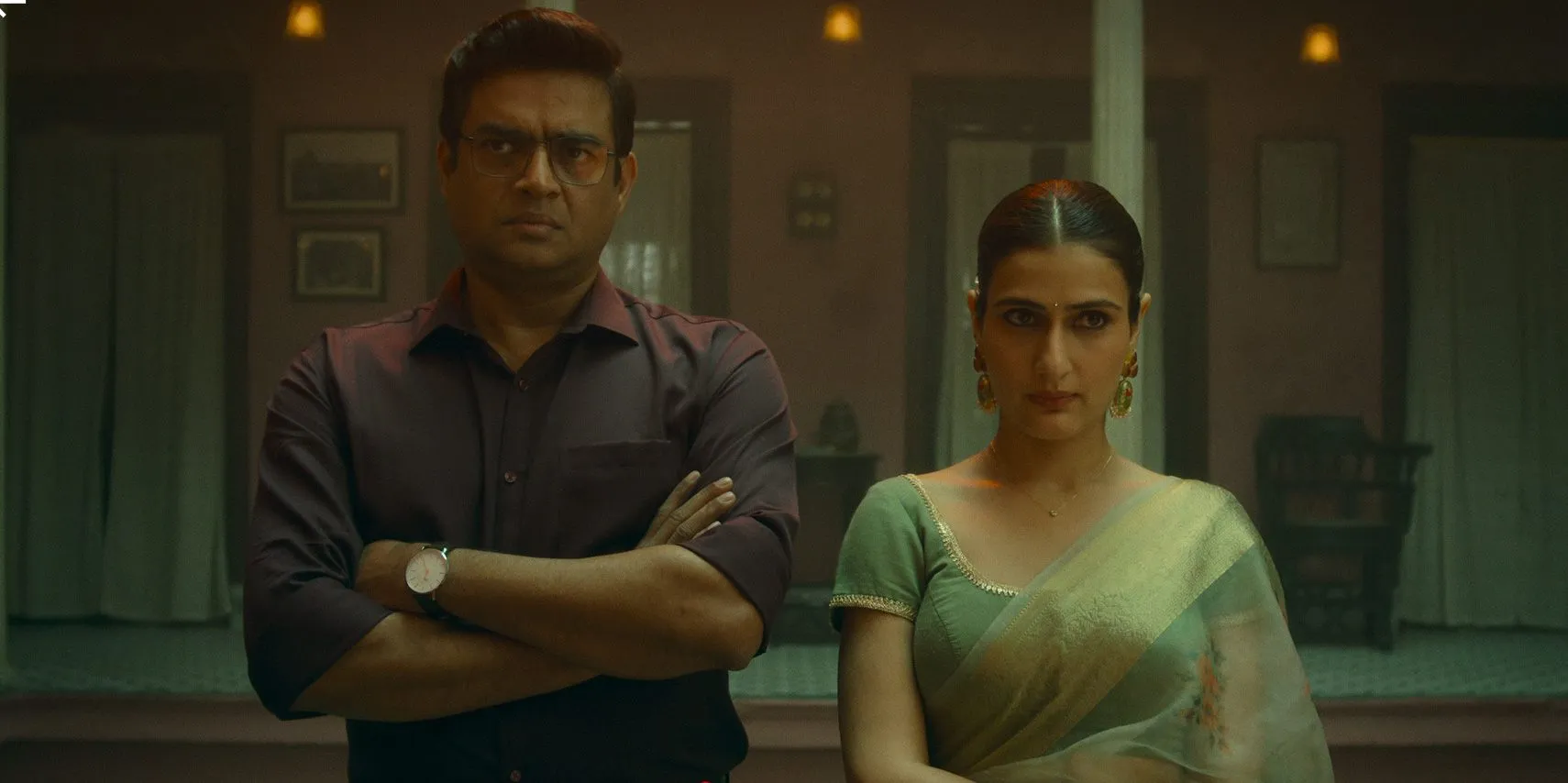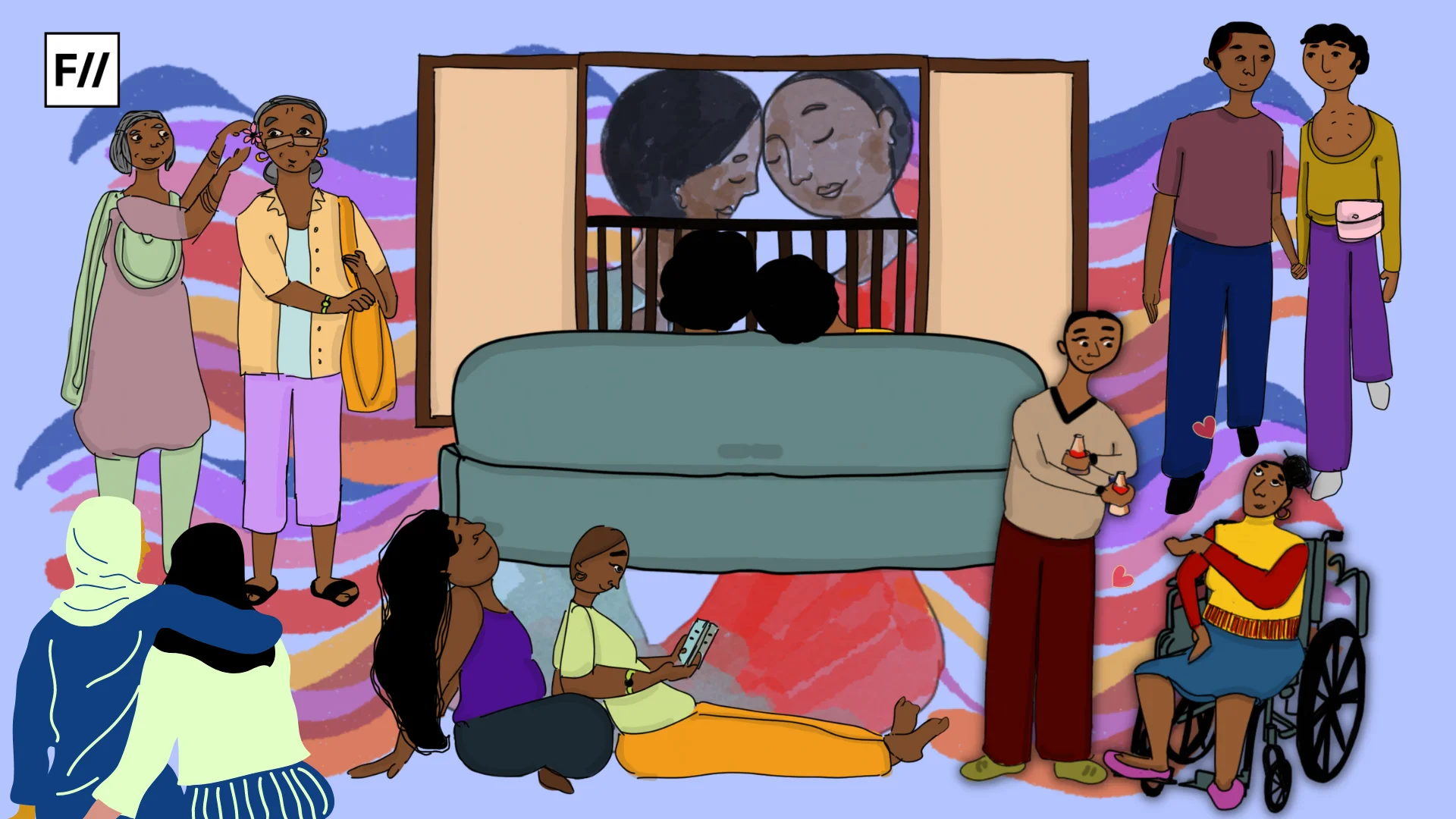Alankrita Shrivastava’s Dolly Kitty Aur Woh Chamakte Sitare is an example of how sexuality can be a driving force for many institutions. Women’s sexuality on this front is used as a tool to either establish or demolish ideas and institutions. Men further their capitalistic or political enterprises, exploit and operate women’s sexuality without paying heed to their autonomy. Her sexuality is monetised, monitored, moral policed and real agency is never handed over to her so she can decide for herself without being ideologically obtused by the executive forces at hand.
Alankita Srivastava had to bear extreme moral policing and censoring for her film Lipstick Under My Burkha a few years back. Since then, things have hardly taken an uphill. It’s just as bad for a woman to speak up and talk about her body without being vilified and attacked. Alankrita Shrivastava makes her film, Dolly Kitty Aur Woh Chamakte Sitare, just about that. She pervades her vision of gender politics all throughout her film and hands over the mic to women themselves. Women who attempt to take back charge of her body and decide for themselves.
Alankrita Shrivastava pervades her vision of gender politics all throughout her film and hands over the mic to women who attempt to take back charge of their bodies and decide for themselves.
Dolly and Kitty are two sisters who find themselves in the hub of Greater Noida trying to make it work in life. Dolly played by Konkona Sen Sharma is an employee at a bank, whose professional requirements go beyond just serving for the bank, which is to serve tea to her male boss.
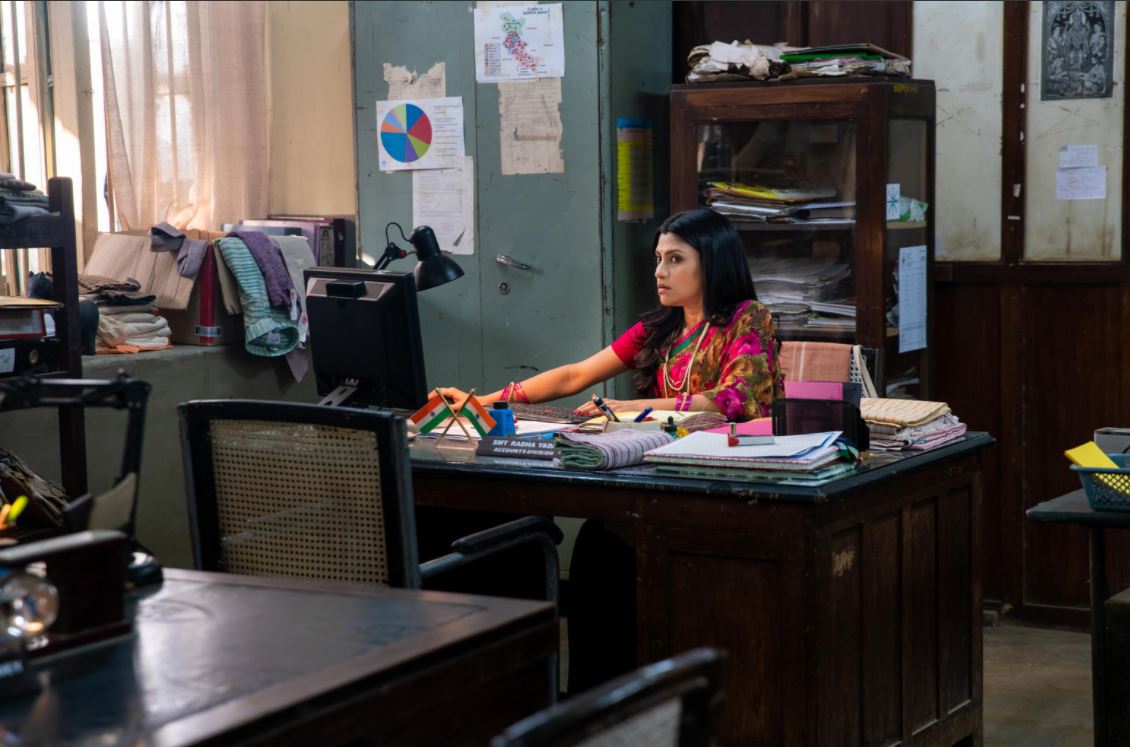
She is a mother of two sons, one of them being a queer kid who identifies away from his gender. She wrongly attributes this behaviour stemming from her own half-etched relationship with her own mother who chose her freedom over motherhood several years ago. Her sexual relationship with her lecherous husband is strained wherein she has been convinced of her own frigidity.
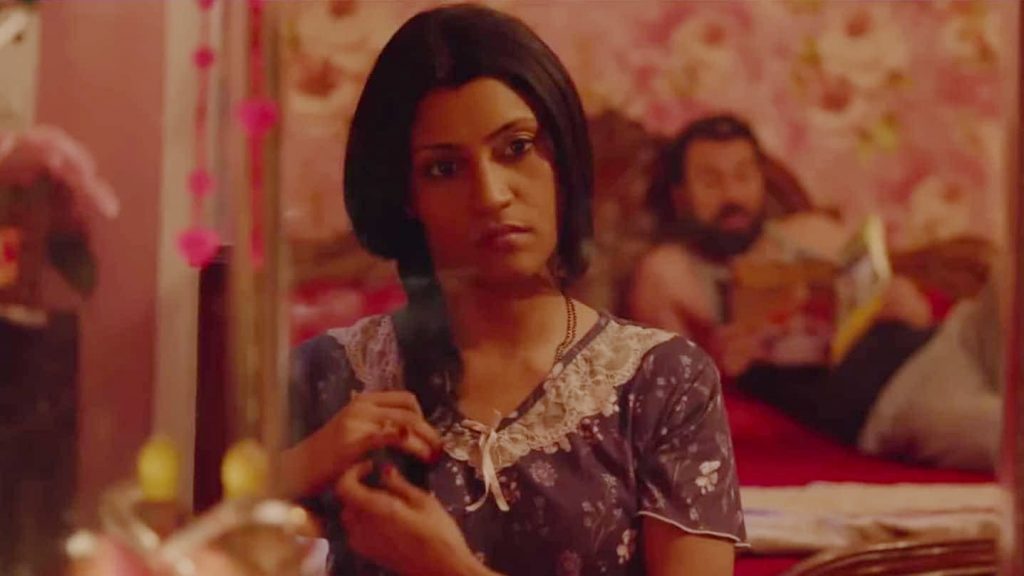
Kitty is the small town girl who having walked out of a non-consensual marriage, is looking for ways to make it big in Greater Noida. She is not afraid to walk out, so she doesn’t stop walking out unless she gets where she wants. She leaves her first job at a factory to land up in a call center that “sells romance”. She is aware of how she needs to channel her sexuality to make her sale in the present job, and despite being reluctant at first, she later accepts and owns it up as her choice.
Both sisters happen to find their love interest in men outside their husband and jobs.
Alankrita Shivastava shows how Dolly, being a product of the same patriarchal structure, does not approve of her sister’s apparent vibrant life and they bond over booze and broken hearts only when they find themselves on the margins of a system run by men.

Alankrita Shivastava shows how Dolly, being a product of the same patriarchal structure, does not approve of her sister’s apparent vibrant life and they bond over booze and broken hearts only when they find themselves on the margins of a system run by men.
The pervading idea of capitalised sexuality encompasses even the remoter areas in Alankrita Shivastava’s film, such as the living accommodation for girls that runs a business to shelter surrogate mothers, a place that monetises on something as basic as fertility. In a climactic scene in the film, a giant effigy of a clitoris is shown being destroyed by a political mob comprising of right-wing Hindutva hooligans, wherein Alankrita Shrivastava explicitly symbolifies how female sexuality in itself is an object of denigration and abuse in real life.
Also read: My Lipstick Waale Thoughts on ‘Lipstick Under My Burkha’
In a climactic scene in the film, a giant effigy of a clitoris is shown being destroyed by a political mob resembling the right-wing, wherein Alankrita Shrivastava explicitly symbolifies how female sexuality in itself is an object of denigration and abuse in real life.
Dolly Kitty Aur Woh Chamakte Sitare is most definitely political in its vision, just how it is meant to be. Alankrita Shrivastava issues relevancy to the recent political events of the state imposed terror rooted in religious fundamentalism, visible especially in the state of Uttar Pradesh.
Alankrita Shrivastava renders her film to the celebration of sexuality and takes it how it comes, monetised or not.
About the author(s)
Sonia spends most of her time reading feminist novels, or watching The Office episodes. As much of a cliche as she would have liked it to be, she doesn’t own a black cat.
